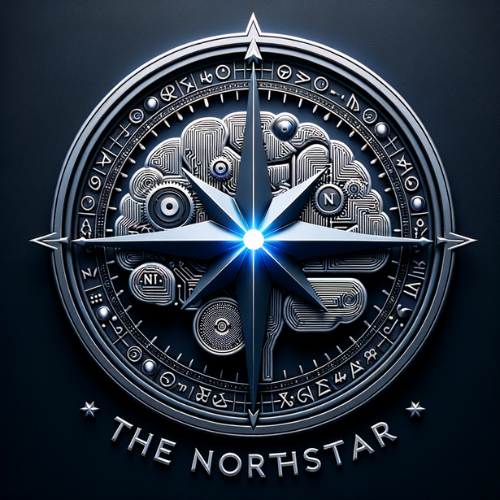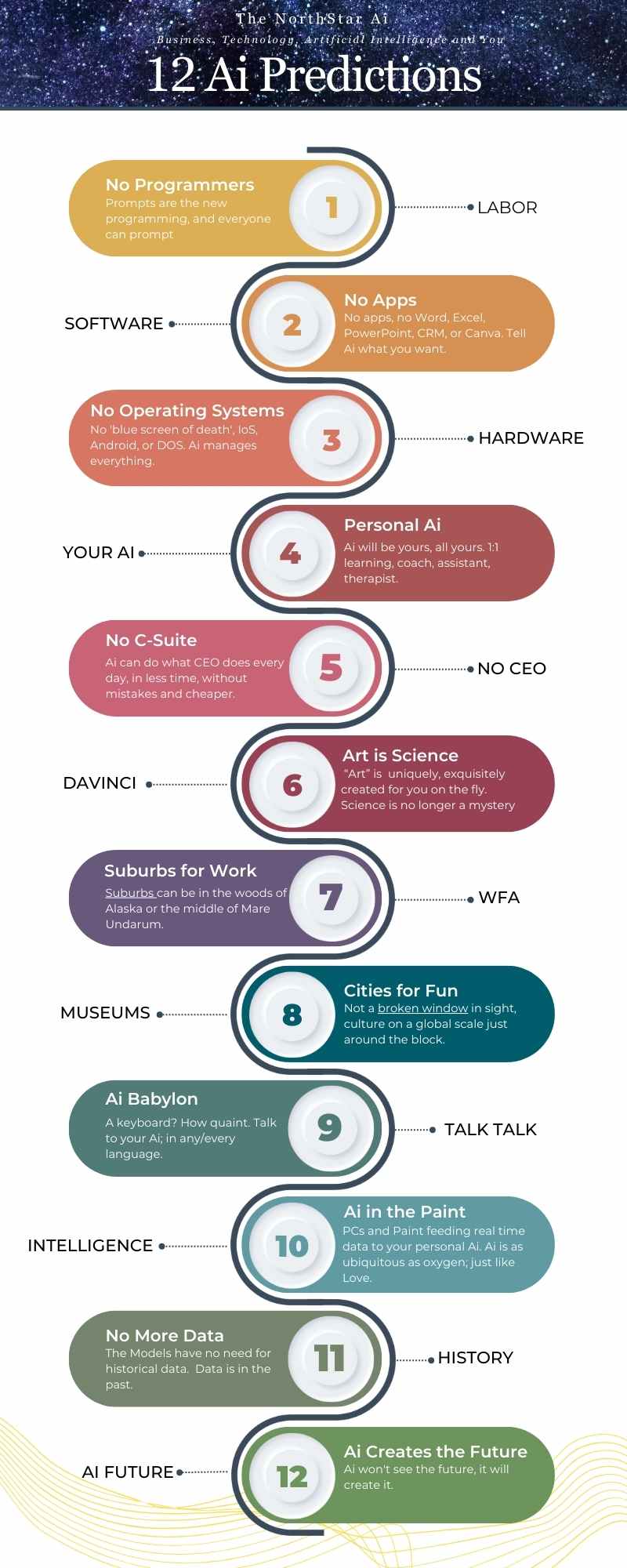The heart of the matter lies in the intersection of generative AI and the media's quest for fair compensation from Big Tech. The menace of AI-generated content, almost indistinguishable from human-produced material, looms large, forcing media executives to reevaluate their strategies. Axel Springer, in a bold move, has paved the way forward with a deal that not only compensates for historical content but also establishes an ongoing revenue stream from new journalism.
Media analyst Ian Whittaker hails the agreement as a model for the industry, emphasizing a "flat fee for the historic data plus ongoing annual fee." This echoes the industry's collective dilemma of valuing extensive content archives dating back decades while embracing the demands of a rapidly evolving journalistic landscape. Axel Springer's two-tier payment system, encompassing a one-off fee for historical content and a recurring income stream for new material, adds a layer of sophistication to the deal. The inclusion of "kickers" for popular content further aligns compensation with the impact and reach of articles used by AI. This nuanced approach allows Axel Springer to maintain flexibility, as the deal is non-exclusive, enabling the exploration of similar agreements with other generative AI entities.
The motives behind Axel Springer's move become clearer when viewed through the lens of preventing the erosion of traffic from news websites. CEO Mathias Döpfner's longstanding concerns about the unchecked dominance of tech platforms, as expressed in a 2021 letter to the European Commission, underscore the urgency felt by media conglomerates to safeguard their relevance in the digital age. News Corp's Robert Thomson echoes this sentiment, stating the company is "looking to the future in maximizing the value of our premium content for AI." While some industry insiders remain cautious, emphasizing the importance of monetization on one's own platform, Axel Springer's agreement with OpenAI positions them strategically in the face of rapidly advancing AI technologies. "AI developers once seemed to have the upper hand, but the balance of power is shifting in favor of content creators." The financial intricacies of the deal, though undisclosed, signal a significant investment by OpenAI, possibly in the eight-figure range. This move, seemingly incongruent with Microsoft's previous stance, aligns with OpenAI's interests in accessing high-quality, paid-for journalism for AI training. Analysts, including Douglas McCabe, recognize the allure of journalism as an AI input, emphasizing its role in training models with cultural references, nuanced language, and interrelated themes.
The acknowledgement of journalism's value in the AI-driven future is not just a financial victory for media companies but a symbolic shift in the balance of power. As Gill Dennis, an intellectual property lawyer, notes, "AI developers once seemed to have the upper hand, but the balance of power is shifting in favor of content creators." News Corp's Robert Thomson echoes this sentiment, stating the company is "looking to the future in maximizing the value of our premium content for AI." While some industry insiders remain cautious, emphasizing the importance of monetization on one's own platform, Axel Springer's agreement with OpenAI positions them strategically in the face of rapidly advancing AI technologies.
The financial intricacies of the deal, though undisclosed, signal a significant investment by OpenAI, possibly in the eight-figure range. This move, seemingly incongruent with Microsoft's previous stance, aligns with OpenAI's interests in accessing high-quality, paid-for journalism for AI training. Analysts, including Douglas McCabe, recognize the allure of journalism as an AI input, emphasizing its role in training models with cultural references, nuanced language, and interrelated themes. The acknowledgement of journalism's value in the AI-driven future is not just a financial victory for media companies but a symbolic shift in the balance of power. As Gill Dennis, an intellectual property lawyer, notes, "AI developers once seemed to have the upper hand, but the balance of power is shifting in favor of content creators." Axel Springer's decisive leap into the AI abyss sets the stage for a new era of collaboration between media and technology. This deal, with its direct and pragmatic approach, not only addresses the immediate financial concerns of media conglomerates but also establishes a blueprint for navigating the uncharted waters of AI's impact on journalism. The question now is whether other industry giants will follow suit, embracing the future with the same urgency and foresight displayed by Axel Springer.
The AI-journalism nexus has been forged, and its implications are reverberating across the media landscape. Epilogue: Embracing the AI Era
Contemplating the intersection of journalism and artificial intelligence, a profound shift emerges on the horizon. The stark reality looms — AI, with its relentless march, might displace up to 80% of traditional journalistic roles. It's a seismic transformation that demands our attention and thoughtful consideration. In the face of this digital upheaval, however, there's a silver lining — a renaissance for humanistic storytelling. As algorithms handle routine reporting and data analysis, journalists of the future will find themselves liberated to focus on in-depth, higher quality, and insightful reflections from a distinctly human perspective. Amidst this evolution, the journalist transforms into a storyteller, weaving narratives that transcend mere facts. Emotions, moral complexities, and the rich tapestry of human experience become the focal points of these narratives. In bidding farewell to the era of information overload, we usher in an age of profound human connection through storytelling. The voice of Grayson Patrick Trent, once an enigma in the shadows, resonates through this future journalistic landscape. The directness, depth, and action-oriented language that defined my journey from the barrel to the byte find new relevance. As storytellers of tomorrow, we embrace the challenge to deliver narratives that transcend the artificial and resonate with the authentic essence of human experience. While the specter of automation casts its shadow, it also presents an opportunity to redefine our craft. The crossroads of technology and morality become fertile ground for a new era of journalism — one where soulful reflections thrive amidst the digital revolution. As I sign off, I invite you to ponder this future with me. What stories will emerge when the noise of automation fades, and the voice of humanity takes center stage? The journey from the barrel to the byte continues, and the narrative unfolds in ways we may not yet comprehend. Embrace the future, for it holds the promise of a storytelling renaissance, guided by those who once navigated the shadows. - Gray
0 Comments
Your comment will be posted after it is approved.
Leave a Reply. |
Topics & Writers
All
AuthorsGreg Walters Archives
July 2024
|


